Canker Sores Dentist Perth
What are Canker Sores?
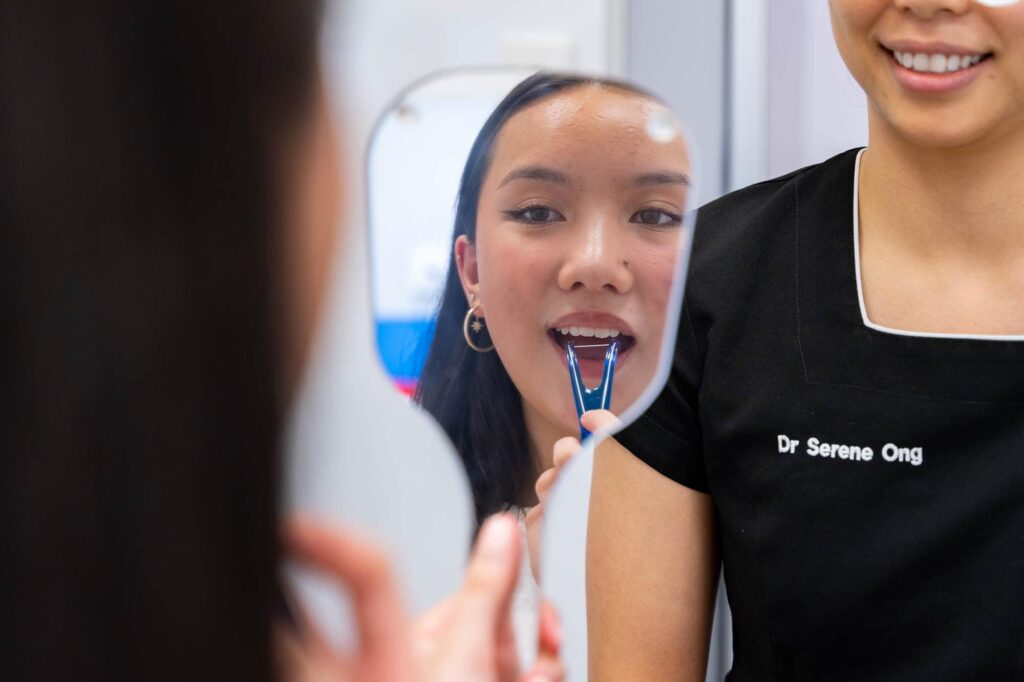
What are Canker Sores?
Canker sores—also known as mouth ulcers—are small, shallow lesions that form inside the mouth. While usually harmless, they can cause discomfort when eating, drinking, or speaking. If you’re experiencing recurring or painful mouth ulcers, our caring team at Genesis Dental can help identify the cause and provide effective relief.
Common Causes of Canker Sores
Canker sores can develop from a range of lifestyle, dietary, and medical factors. Some of the most common causes include:
Minor Oral Trauma: Accidental cheek or lip biting, rough brushing, or irritation from braces, dentures, or dental appliances.
Nutritional Deficiencies: Low levels of iron, folic acid, or vitamin B12 can make the mouth lining more susceptible to ulcers.
Food Sensitivities: Certain acidic or spicy foods—such as citrus, tomatoes, or nuts—can trigger or worsen sores in sensitive individuals.
Stress and Hormonal Changes: Emotional stress or hormonal fluctuations may contribute to flare-ups, particularly in teenagers and adults.
Underlying Medical Conditions: Conditions such as coeliac disease, inflammatory bowel disease, or compromised immunity can increase the frequency or severity of mouth ulcers.
Allergic Reactions: Sensitivity to ingredients in oral care products, such as sodium lauryl sulfate (SLS), can irritate the soft tissues of the mouth.


Symptoms of Canker Sores
Canker sores can range in severity and may cause the following symptoms:
Small, Round Ulcers: Typically white or yellow with a red border, located inside the lips, cheeks, or under the tongue.
Tingling or Burning Sensation: Often felt 24–48 hours before the sore appears.
Pain or Discomfort: Especially when eating, brushing, or talking.
Swollen Lymph Nodes: In some cases, nearby lymph nodes may become tender or enlarged.
Difficulty Eating or Speaking: Larger or multiple sores can interfere with everyday oral function.
Our Treatments for Cracked Teeth
At Genesis Dental, we focus on identifying the underlying cause of your mouth ulcers and providing solutions that minimise discomfort and prevent recurrence. While most canker sores resolve on their own, we may recommend the following:
Mouthguards
Home Management Tips
While most canker sores heal on their own, these home strategies can help ease discomfort and support faster recovery:
Rinse with Salt Water or Baking Soda: A mild rinse can soothe irritation and promote healing.
Avoid Irritants: Steer clear of spicy, acidic, or abrasive foods that may worsen pain or delay healing.
Apply Soothing Gels: Over-the-counter topical products may help reduce pain and inflammation.
Use a Soft Toothbrush: Brushing gently can minimise further trauma to sensitive areas.
Stay Hydrated: Drinking plenty of water supports overall oral health and helps keep the mouth clean.
Maintain a Balanced Diet: Incorporate iron-rich and vitamin-rich foods to support your immune system.
If ulcers persist or become increasingly painful, professional dental advice is recommended.

How To Prevent Canker Sores
Prevention focuses on reducing irritation, supporting overall oral health, and identifying potential triggers. Helpful strategies include:
Maintain Good Oral Hygiene: Brush gently with a soft-bristled toothbrush and use a mild, SLS-free toothpaste.
Avoid Trigger Foods: Reduce intake of acidic, spicy, or rough-textured foods if you notice a pattern of flare-ups.
Protect Soft Tissues: If you grind your teeth or play sports, consider a custom mouthguard to reduce accidental trauma.
Manage Stress: Incorporate relaxation techniques such as deep breathing or light exercise to reduce tension-related triggers.
Stay Nutritionally Balanced: A healthy diet with adequate iron, B12, and folate can help support your body’s natural defences.
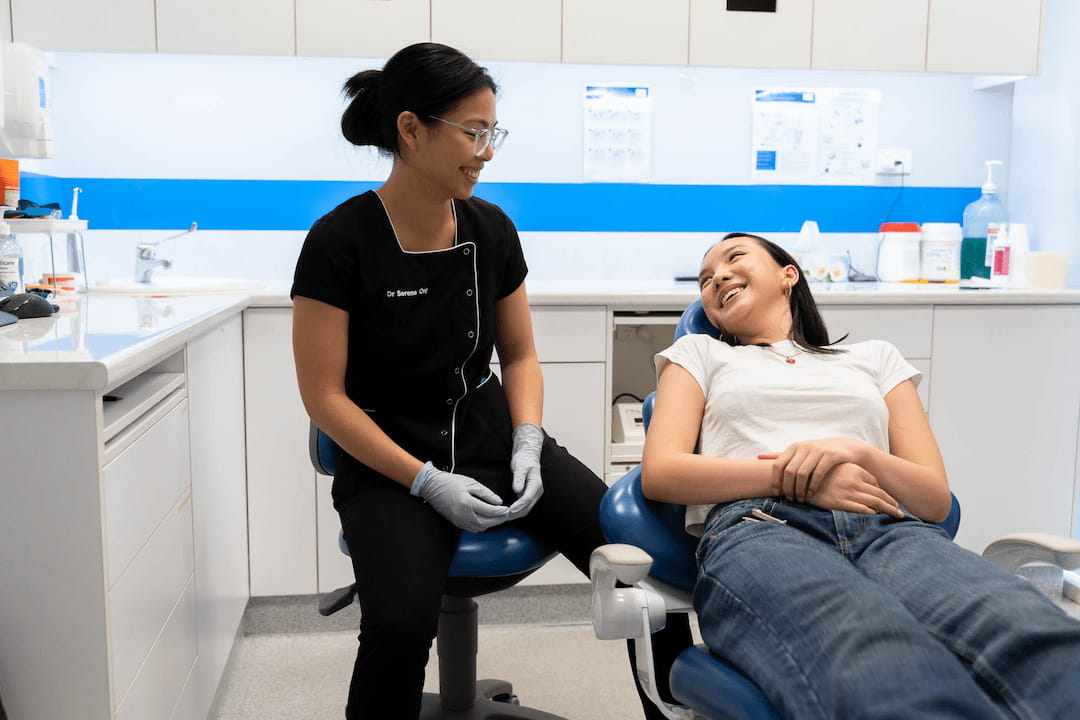
When Should I See a Dentist for Canker Sores
Most canker sores heal without treatment, but you should book an appointment if you notice:
Sores lasting longer than two weeks
Frequent or recurring ulcers that interfere with daily life
Severe pain when eating, drinking, or speaking
Unusually large sores or multiple ulcers at once
Signs of infection, such as pus, spreading redness, or fever
Ulcers accompanied by fatigue or swollen lymph nodes
A professional dental assessment can help identify underlying causes, rule out more serious conditions, and provide tailored treatment to relieve discomfort and prevent future flare-ups.
Associations
Our dentists are members of reputable dental associations, including the Australian Dental Association WA (ADAWA) and the Australian Health Practitioner Regulation Agency (AHPRA). We are also accredited by QIP, meaning our practice adheres to industry guidelines and regulations.
We accept all health funds, claimable on the spot for your convenience. We are preferred providers with HBF, HCF, CBHS and NIB, meaning you can maximise your rebate.
We also provide interest free payment plan options via The Tooth Market’s Fund My Dental. We also participate in government aided programs such as the Child Dental Benefits Scheme and provide top quality treatment for Department of Veterans’ Affairs (DVA) card holders.


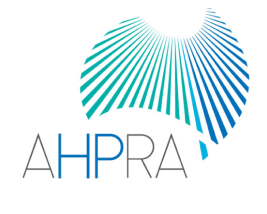






Meet Our Team
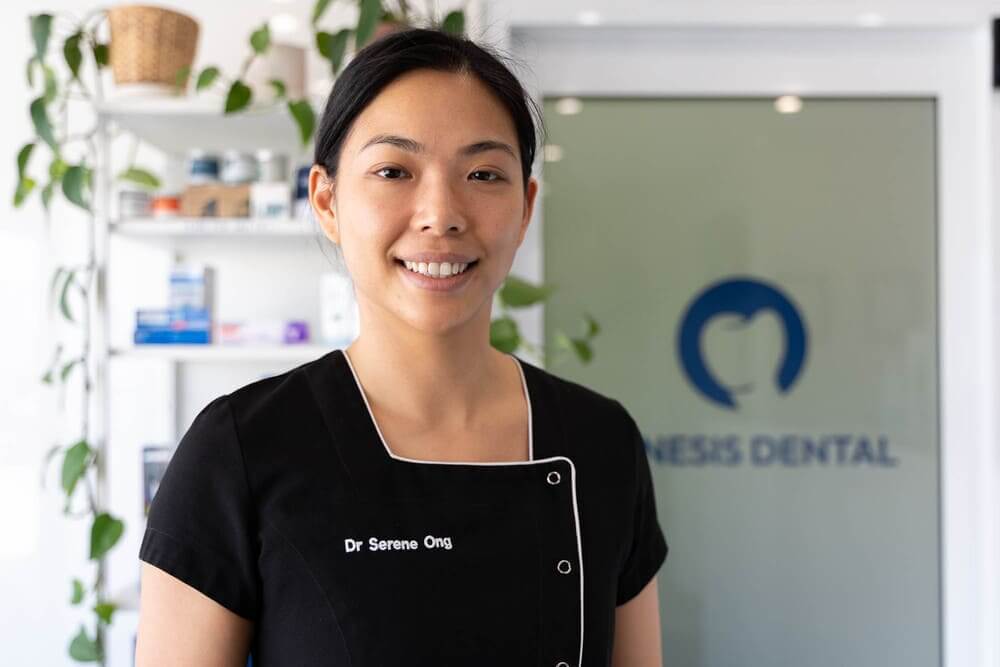
Dr. Serene Ong
Dentist

Dr. Ben Luu
Dentist

Dr. Ashleigh Furfaro
Dentist
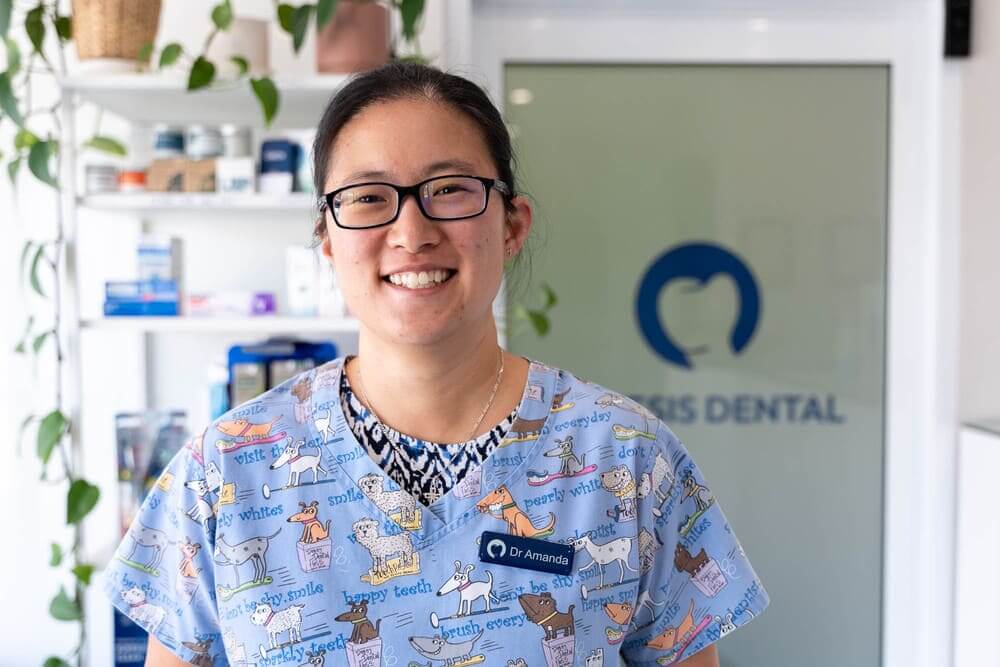
Dr. Amanda Lau
Dentist
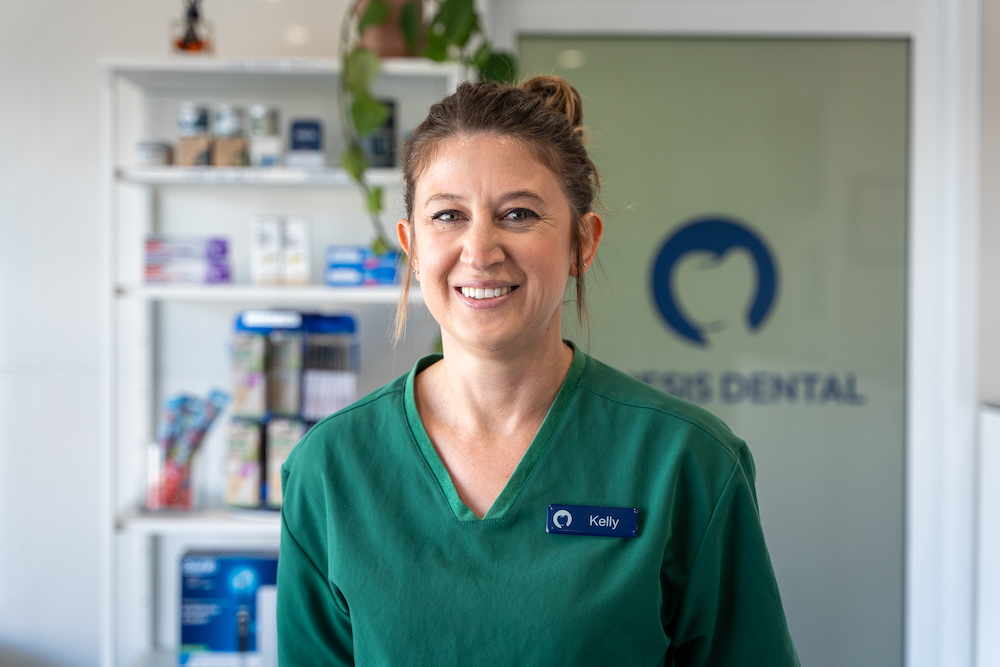
Kelly Jones
Dental Assistant
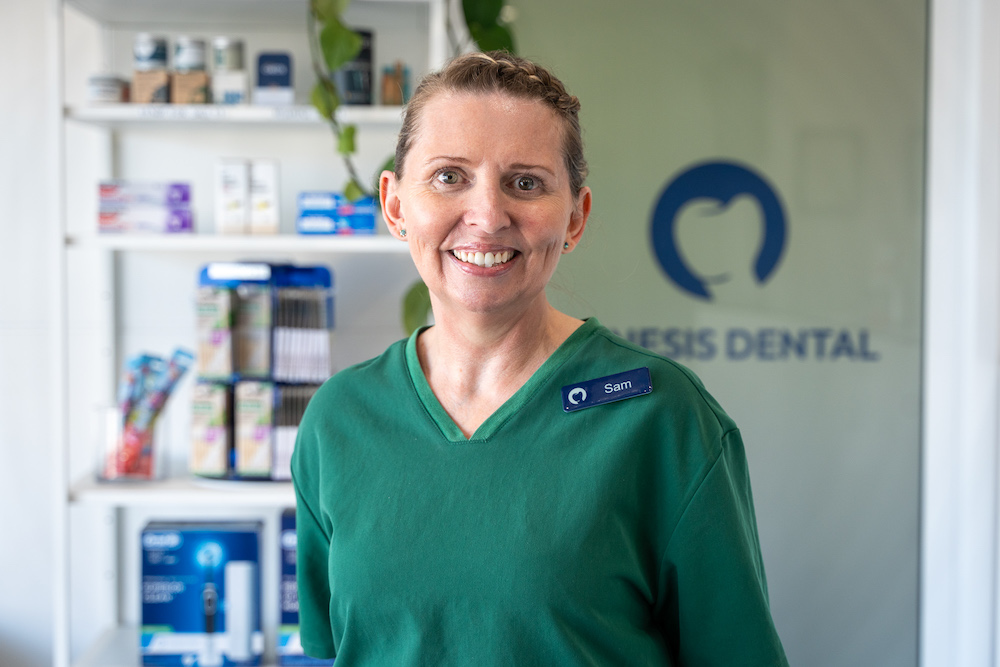
Samantha St Johnston
Dental Assistant
Cracked Teeth FAQ's
Are canker sores contagious?
No, canker sores are not contagious. Unlike cold sores, they are not caused by a virus and cannot be spread through contact.
How long do canker sores last?
Most canker sores heal on their own within 7 to 14 days. If they last longer or cause significant pain, it's best to see a dentist.
What’s the difference between a canker sore and a cold sore?
Canker sores appear inside the mouth and are not caused by a virus. Cold sores usually develop outside the mouth (around the lips) and are caused by the herpes simplex virus.
Can children get canker sores?
Yes. Children and teens can develop canker sores, often due to irritation, stress, or dietary factors. If they’re frequent, our children’s dentistry team can help identify possible causes.
Can toothpaste cause mouth ulcers?
In some cases, yes. Certain ingredients like sodium lauryl sulfate (SLS), found in many toothpastes, may irritate sensitive tissues and trigger sores in some people.
Should I be worried if I keep getting canker sores?
Recurring sores may signal an underlying issue such as nutritional deficiency, stress, or an immune condition. A dental checkup can help uncover the cause and recommend effective care.
Contact Us
Contact our caring dentists in Canning Vale today with any questions about canker sores or to book your consultation to start your journey to a healthy smile.